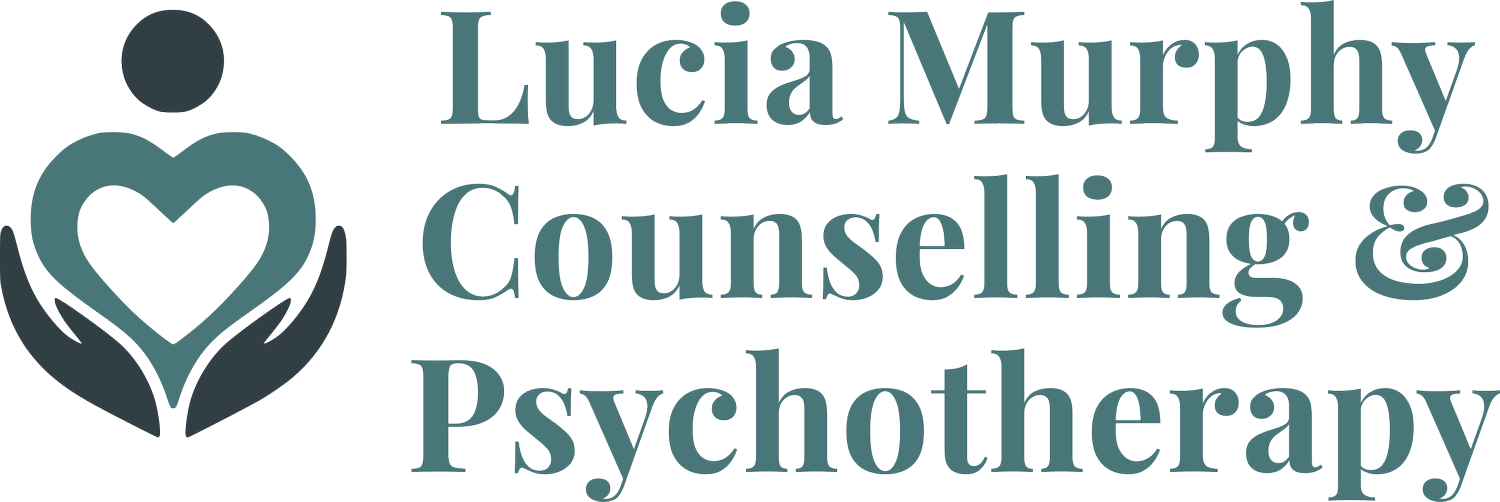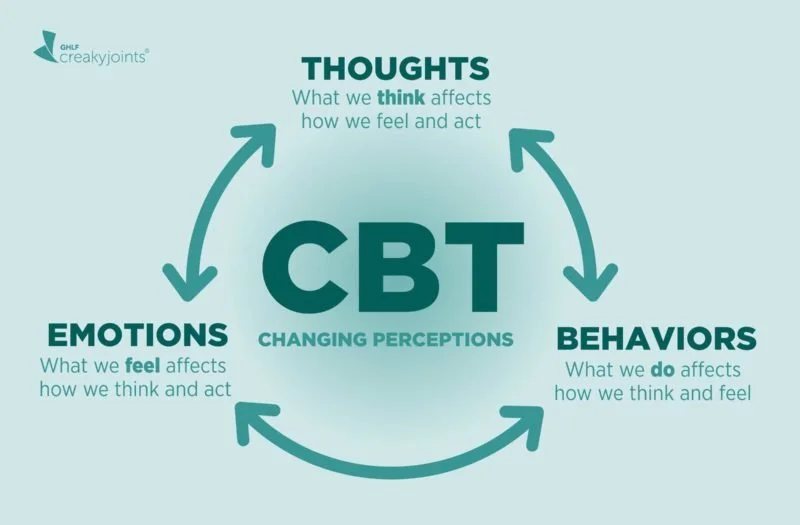
Lucia Murphy Counselling
Trauma-Informed | CBT | Integrative Therapy
Free 15-minute video consultation call
Welcome, I’m Lucia Murphy.
I am a qualified integrative therapist with a trauma-informed approach, dedicated to supporting adults through a wide range of emotional challenges, including anxiety, grief, trauma, low self-esteem, relationship difficulties, and the lasting impact of early life experiences. My aim is to provide a safe, compassionate, and non-judgmental space where you can feel truly heard, understood, and respected. Through my own recovery from trauma I fully understand the process.

How I Work
I use an integrative approach, combining various evidence-based therapies to meet your unique needs. These include Cognitive Behavioural Therapy (CBT), Schema Therapy, Inner Child Work, and Person-Centred Therapy. I understand that no two people are the same, so I adapt my approach to suit each individual — whether that means exploring how anxiety affects the body and mind, addressing deeper-rooted trauma, or combining methods to strengthen long-term coping strategies.
My work is informed by a deep understanding of how past experiences shape us, how mental health challenges can impact daily life, and how healing is possible with the right support. I am committed to providing a warm, safe, and non-judgmental space where you feel truly heard and understood. Regular feedback from you helps ensure that our work remains aligned with your goals and needs.
Trauma refers to experiences or events that overwhelm an individual’s ability to cope, often resulting in lasting emotional, psychological, and physical effects. It can stem from a single incident—known as acute trauma—such as an accident, assault, or sudden loss, or from complex trauma, which involves prolonged or repeated exposure to distressing events, such as childhood abuse, neglect, or ongoing interpersonal violence.
Adverse Childhood Experiences (ACEs) are traumatic events occurring before the age of 18, including abuse, neglect, and household dysfunction. Research shows that ACEs can profoundly affect brain development and emotional regulation, influencing health and behaviour well into adulthood. Adults who have experienced trauma or ACEs may face challenges such as anxiety, depression, difficulties in relationships, and physical health issues, even decades after the original events.
Trauma can disrupt the nervous system, leading to hypervigilance, emotional numbness, or difficulties with trust and self-regulation. Understanding these effects is essential for healing. In therapy, we explore how trauma has impacted your life, working collaboratively to build safety, resilience, and empowerment. Through tailored, trauma-informed approaches, healing is possible, enabling you to reclaim control and foster greater well-being.
What is Cognitive Behavioural Therapy (CBT)?
Cognitive Behavioural Therapy (CBT) is a structured, evidence-based psychological treatment that focuses on the relationship between thoughts, emotions, and behaviours. It is grounded in the understanding that unhelpful or distorted thinking patterns can contribute to emotional distress and problematic behaviours. Through CBT, clients learn to identify these patterns, challenge them, and develop more balanced and constructive ways of thinking.
CBT is a goal-oriented and collaborative approach, typically focused on present difficulties rather than delving extensively into the past. It is widely recognised for its effectiveness in treating a range of psychological issues, including anxiety disorders, depression, obsessive-compulsive disorder (OCD), post-traumatic stress disorder (PTSD), and low self-esteem. By equipping individuals with practical tools and strategies, CBT aims to promote lasting change and improve overall psychological wellbeing.
I am a registered member of the Association of Professional Counsellors and Psychotherapists in Ireland (APCP) and adhere to their high standards of professional ethics and care.
I work integratively, which means I draw on different therapeutic approaches to suit your unique needs. These may include:
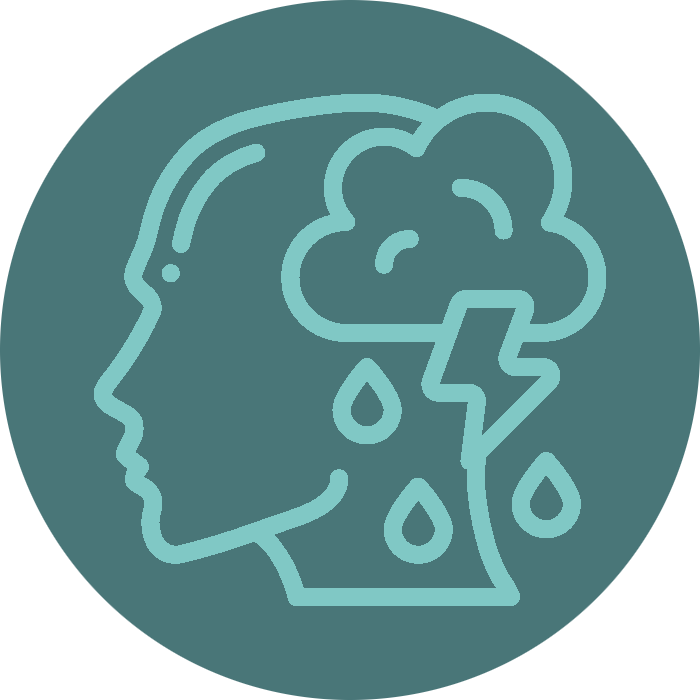
Cognitive Behavioural Therapy (CBT)
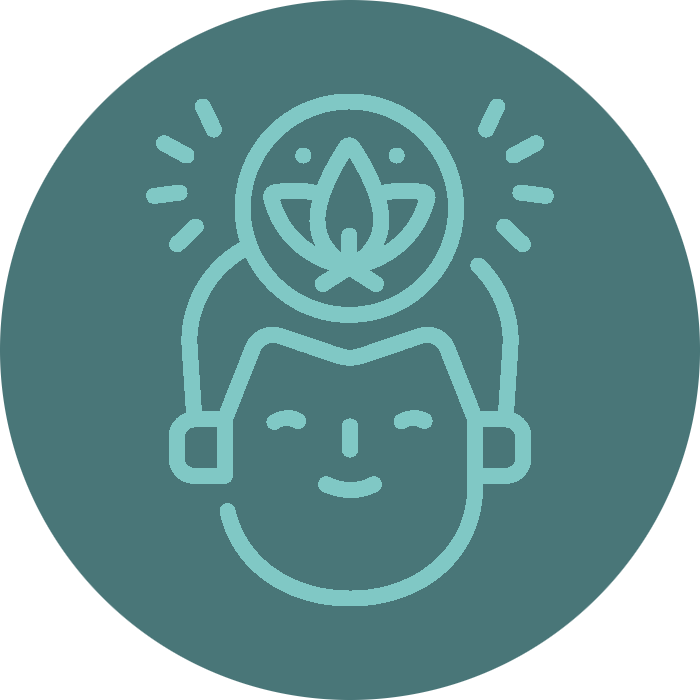
Inner Child Work

Schema Therapy
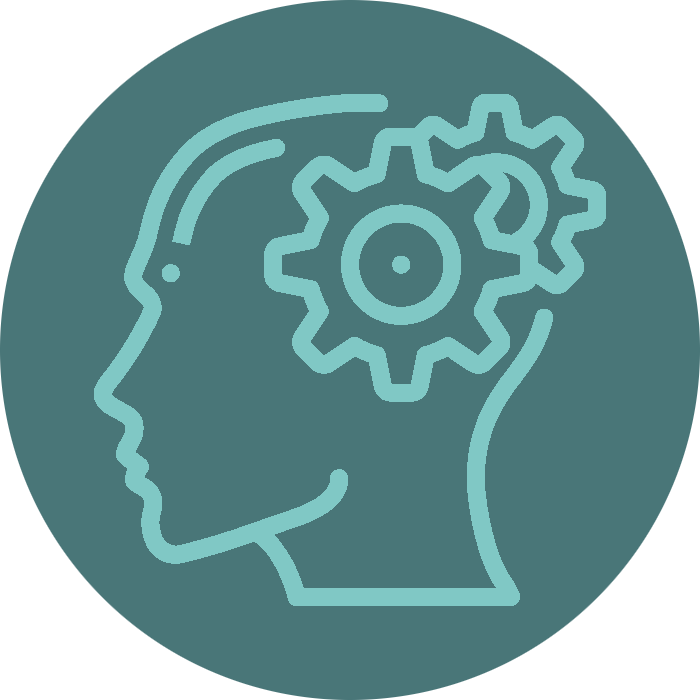
Gestalt Therapy

Transactional Analysis
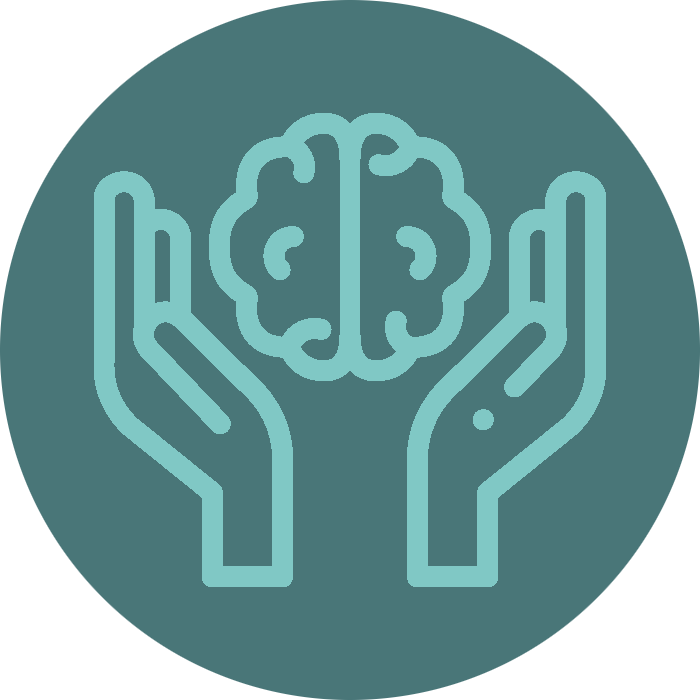
Existential Therapy
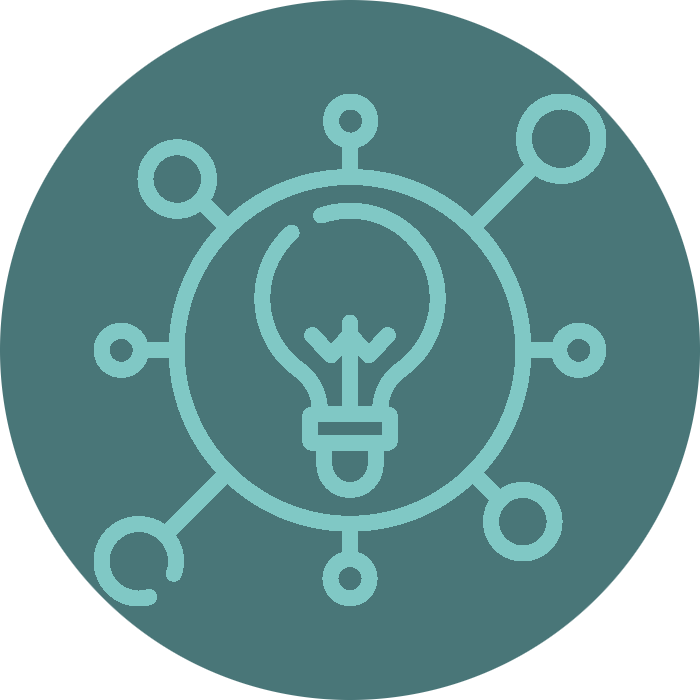
Solution-Focused Therapy
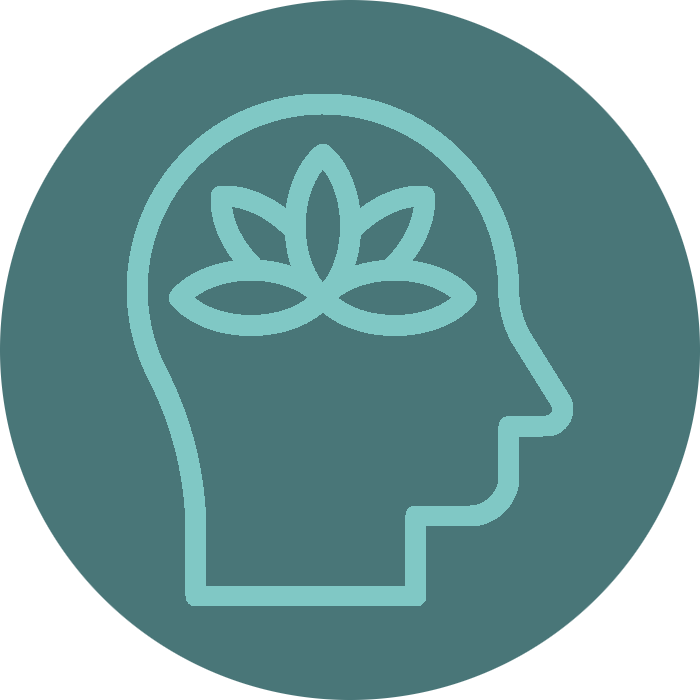
Mindfulness-Based Techniques

Trauma-Informed Practice

What I Can Help With
Here are some of the areas I commonly support clients with:
✅ Anxiety (including Social Anxiety, Generalized Anxiety, Panic)
✅ Trauma (Acute & Complex)
✅ Grief and Loss
✅ Relationship Difficulties
✅ Low Self-Esteem
✅ Stress and Burnout
✅ Emotional Regulation Difficulties
✅ Childhood Wounds / Inner Child Healing
✅ Life Transitions / Identity Issues
✅ Boundaries & Assertiveness
✅ Attachment & Trust Issues
✅ Coping Skills for Long-Term Resilience
Frequently Asked Questions
-
You can easily make a booking by contacting me via phone, email, or by using the online booking form on this website. Once I receive your request, I will respond promptly to arrange a suitable appointment time.
-
During your first session, we’ll take time to get to know each other. You’ll have the opportunity to share what has brought you to therapy, discuss your goals, and ask any questions. I will explain how I work and what you can expect from the process.
-
No diagnosis is needed. Therapy is available to anyone seeking support with emotional or psychological challenges, regardless of diagnosis.
-
Therapy duration varies depending on individual goals and needs. Some clients find short-term therapy helpful, while others benefit from longer-term work. We regularly review progress together to decide what’s best.
-
Typically, sessions are weekly or fortnightly, lasting about 50 minutes. The frequency can be adjusted based on your preferences and progress.
-
Your comfort is vital. If at any point you feel therapy isn’t right for you, we can discuss it openly, and I can support you in finding the best next steps, whether that’s adjusting our approach or seeking alternative support.
-
I require at least 24 hours’ notice if you need to cancel or reschedule a session. This allows me time to offer the appointment to another client who may be waiting for support. Late cancellations or missed sessions without proper notice may incur a cancellation fee.
Having this policy helps maintain a respectful and reliable schedule for all clients and ensures that the time set aside for your therapy is valued. If you ever need to cancel due to an emergency, please get in touch as soon as possible to discuss the situation.
Testimonials
Get in Touch
Taking the first step toward support can feel daunting, but you're not alone. If you have any questions about how I work, would like to discuss whether therapy might be right for you, or are ready to book a session, I’d love to hear from you.
You can reach out using the contact form or contact me directly.
All enquiries are treated with the utmost confidentiality and sensitivity.
Let’s talk when you’re ready.
Online and in-person sessions available.
Clonmel, Co. Tipperary. Online nationwide.

Free Download: Top 20 Life Skills for Emotional Wellbeing & Resilience
By Lucia Murphy Counselling & Psychotherapy
